GIWPS at UNGA 80: Women Advancing Peace, Security and Climate Action
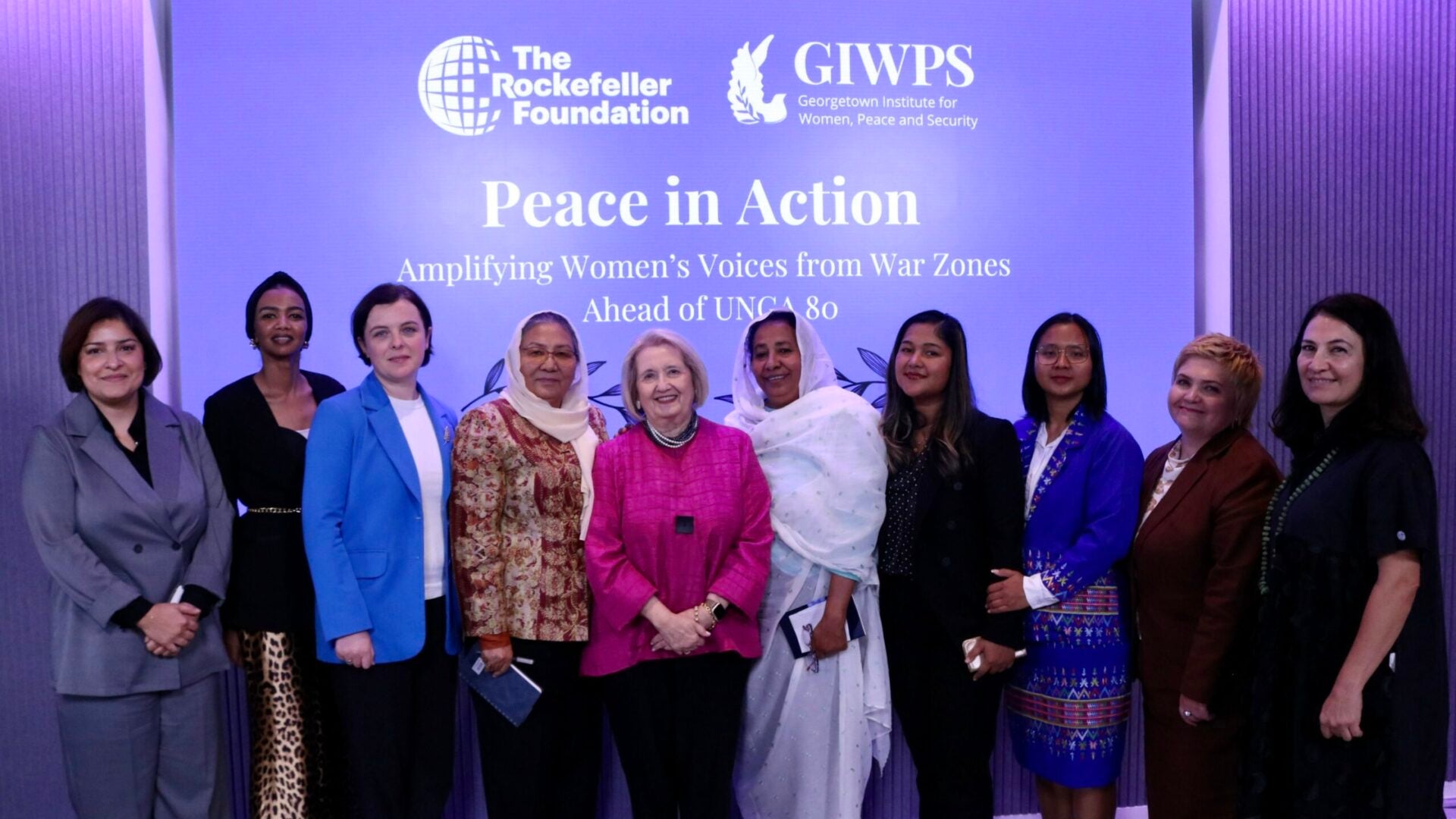
Around the world, conflicts are raging, division is growing, and climate change is causing chaos.
“International cooperation is straining under pressures unseen in our lifetimes,” said Secretary General Antonio Guterres in his remarks ahead of the 2025 United Nations General Assembly (UNGA).
In the midst of this polycrisis, this year’s UNGA—marking the UN’s 80th anniversary—focused on the future of multilateralism in the face of a changing world.
The Georgetown Institute for Women, Peace and Security (GIWPS) played an active role at UNGA 80, spotlighting the importance of women’s leadership in combating global challenges and promoting peace, justice, security, and climate action.
Elevating Women’s Voices from Conflict Zones
On the sidelines of UNGA’s High-Level Week, GIWPS hosted a powerful convening at the Rockefeller Foundation with members of GIWPS’ Rapid Response Network from Afghanistan, Myanmar, Sudan, Syria, Ukraine, and Yemen.
The leaders discussed the state of conflict in their countries, identified shared advocacy priorities, and urged gender-responsive policies to mitigate conflict-related challenges across contexts. “People are not just instruments in your hands,” said Natalia Karbowska, Director of Strategic Development at the Ukrainian Women’s Fund, as she spoke about the human cost of conflict and authoritarianism.
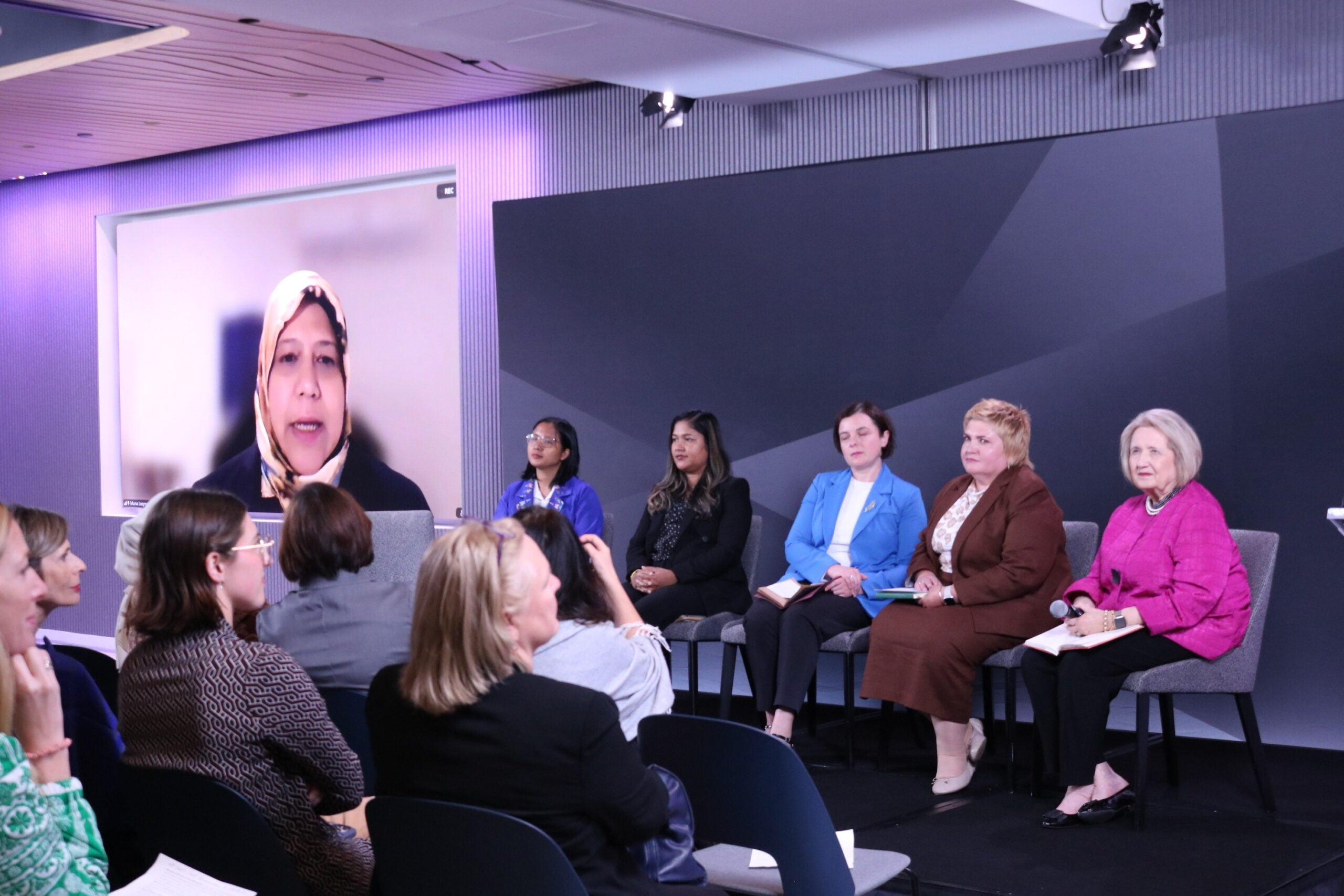
Ambassador Christina Markus Lassen of Denmark joined the event, where she emphasized the importance of including women in resolving today’s challenges.
Later, Georgetown Ambassador Suzanne Freind hosted an inspiring dinner with the peacebuilders to promote collaboration and support.
Climate Action at UNGA 80
This year’s UNGA was held concurrently with Climate Week. Although climate change affects everyone, it disproportionately affects women and girls, who are also powerful actors in addressing the climate crisis.
GIWPS convened a conversation with key climate leaders on mainstreaming the gender-climate nexus, hosted by Patricia Espinosa, the former executive secretary of the United Nations Framework Convention on Climate Change. In the lead-up to the 2025 UN Climate Change Conference (COP30) in Brazil this November, we were honored by the participation of Brazil’s envoy for gender and First Lady, Janja Lula da Silva—a powerful advocate for women’s rights and the role of women in climate policy and programs—as well as Maria Fernanda Espinosa, former president of the UN General Assembly and leader on climate.
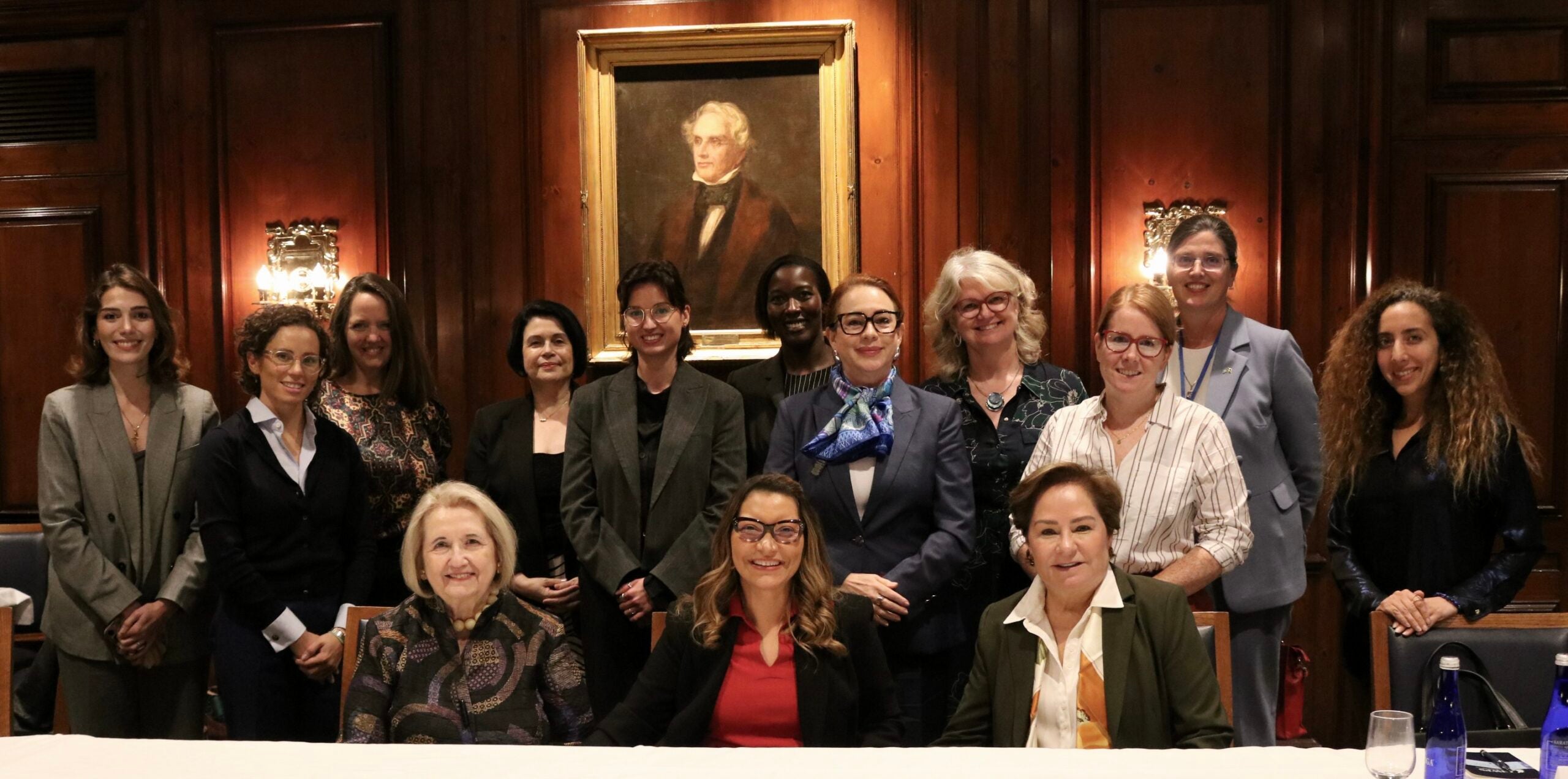
Participants agreed that gender must be mainstreamed and integrated in COP30. This means women fully participating in negotiations and the implementation of agreements, and ensuring that policies on finance, adaptation, and mitigation are inclusive.
Celebrating Trailblazers
During High-Level Week, GIWPS Executive Director, Ambassador Melanne Verveer, spoke at multiple events—from a climate panel with former President of Ireland Mary Robinson to a UN Women Leaders Network gathering with head of UN Women Sima Bahous, to a Clinton Global Initiative working group on democracy and human rights with peace negotiator Monica McWilliams from Northern Ireland.
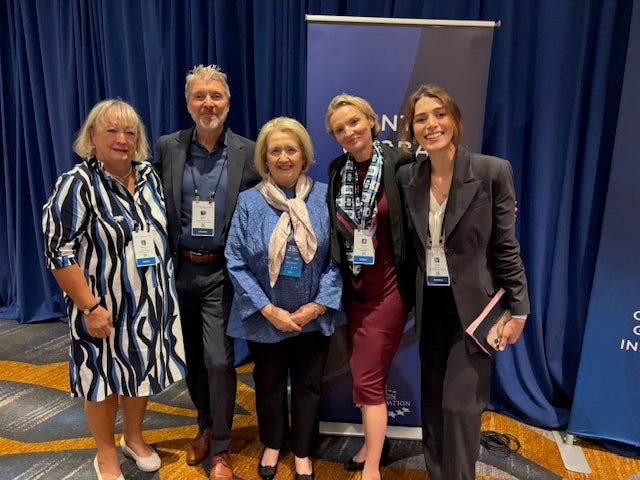
Ambassador Verveer also gave remarks on global inequality in multilateralism at the Nimazi Ganjavi International Center (NGIC) and met with leaders, including Professor Muhammad Yunus, interim president of Bangladesh.
One of the highlights of GIWPS’ participation was the presentation of the 2025 Trailblazer Award to President Vaira Vīķe-Freiberga, the first woman President of Latvia, at a dinner hosted by NGIC at the close of UNGA.
Vīķe-Freiberga was honored for her leadership and commitment to democracy, women’s equality, and peace.
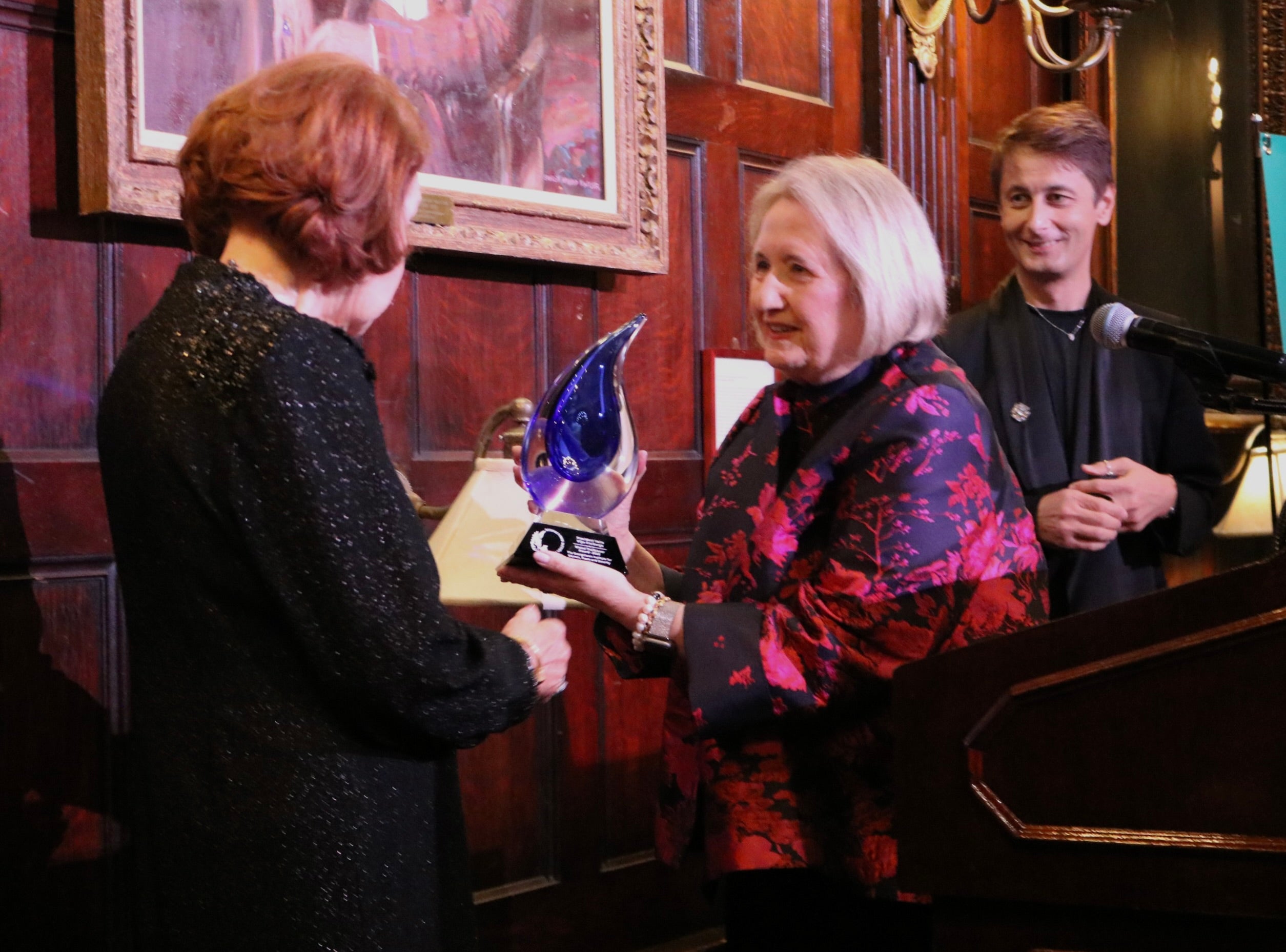
In presenting the award, Ambassador Verveer recalled the Latvian president’s speech at a conference on women and democracy in 1999 in which women from both sides of the former Iron Curtain came together. The president made a compelling case for the crucial role women must play in the social, economic, and political lives of their countries. She underscored that true democracy can only exist if equal opportunities and equal rights are accorded to women and men alike.
“We need her voice, wisdom, and leadership now more than ever in a world where the international order is being upended and wars are growing exponentially,” said Verveer.
Celebrating Milestones
This year’s UNGA took place at a critical juncture for both women’s equality and their participation in peace and security as the UN marked the 30th anniversary of the Fourth World Conference on Women and the 25th anniversary of the UN Security Council’s Resolution on Women, Peace and Security.
The Fourth World Conference on Women in Beijing was a watershed moment in the struggle for women’s equality—one of the core values of the UN. It was there that 189 nations adopted a platform for action to advance women’s equality in education, health, political representation, economic participation, freedom from discrimination and violence, and active engagement on the environment, peace and security, and power and leadership.
The adoption of the UN Security Council’s Resolution on Women, Peace and Security recognized that peace is inextricably linked to the inclusion of women and that their voices, experiences, and leadership are essential to global peace and security.
Both milestones were a reminder of progress made and the gaps that still remain. Women continue to be left out of critical decision-making, and the under-representation of women in conflict resolution persists, despite evidence that shows women’s participation leads to more durable, sustainable peace agreements.
Today, issues focused on gender equality are experiencing a powerful backlash from authoritarian rulers. In the process of future reform actions, the UN must not abandon its commitment to the equality of women and men and to human rights—principles that are a core commitment contained in the UN Charter and are crucial to sustaining peace and democracy worldwide.
Explore More

New Report Raises Alarm on Lack of Progress Globally for Women’s Rights…
New York, October 27, 2025—Progress for women’s rights and wellbeing has stalled…
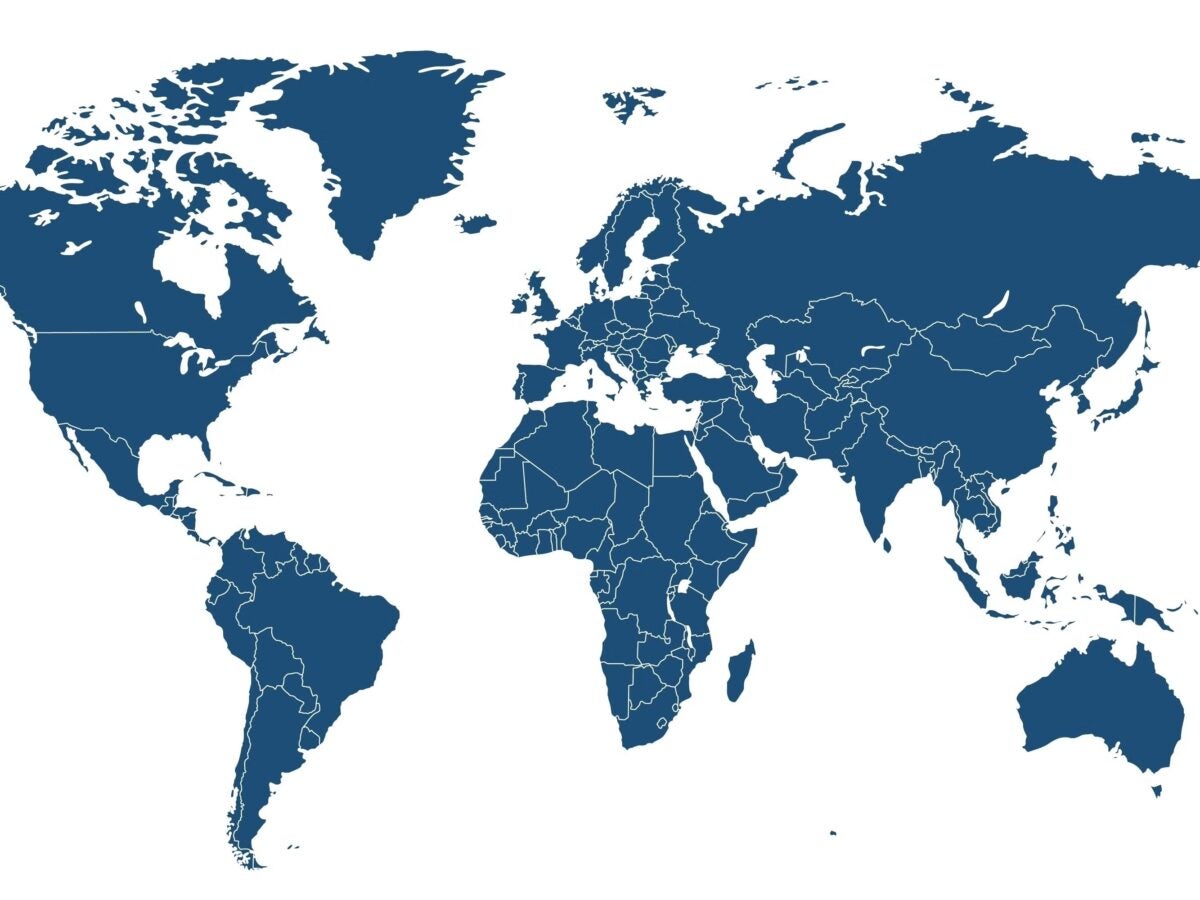
Women, Peace and Security Conflict Tracker: October Updates
Our Women, Peace and Security Conflict Tracker combines real-time data points and…
